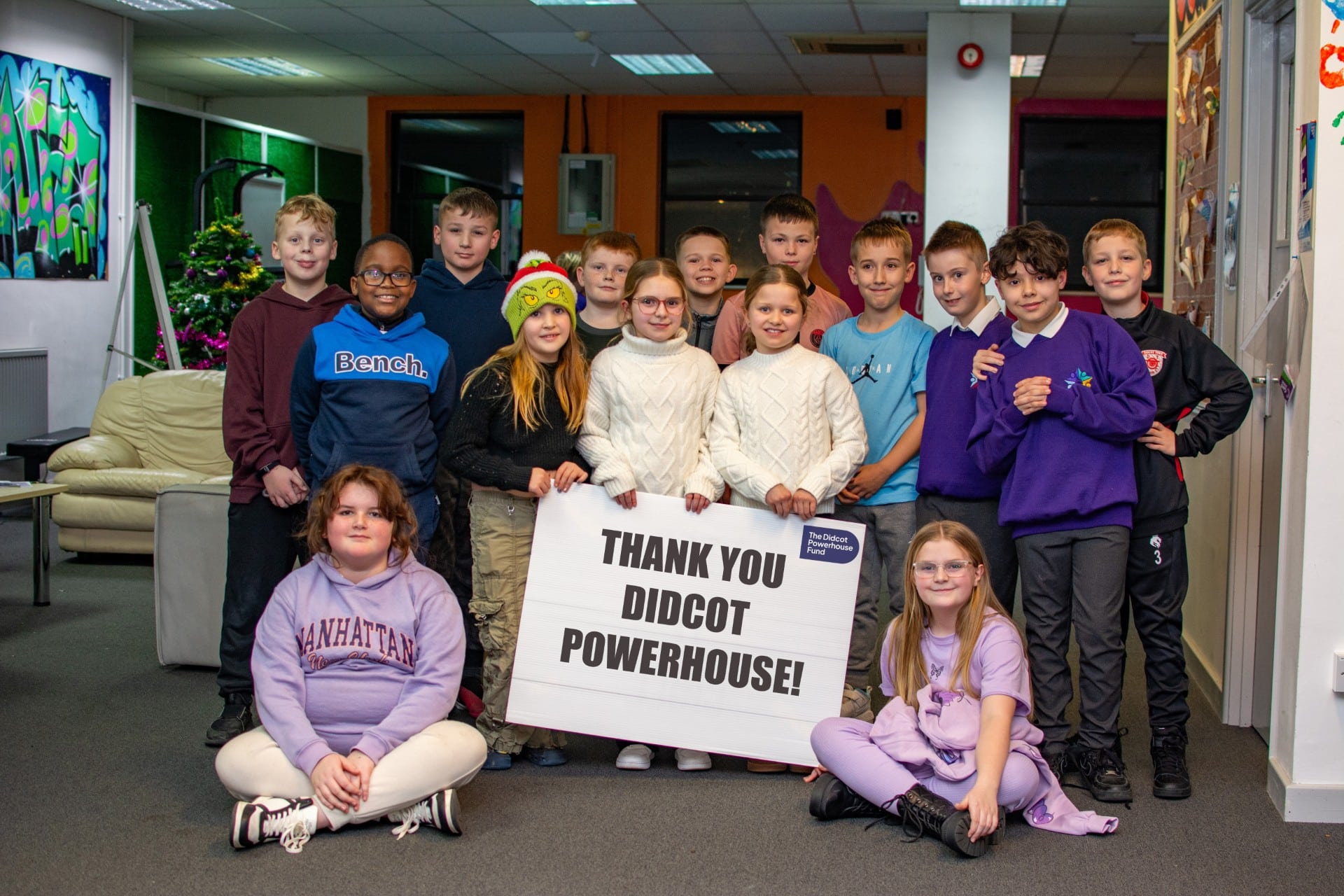Innovation community news – February
Published on 21 February 2025

.
News and announcements from Milton Park based companies:
- EnSilica secures a £10.38 million grant for satellite broadband innovation
- Nexeon recognised as one of the UK’s fastest growing tech companies
- Physiomics publishes breakthrough study on cancer drug modeling
- Tokamak Energy advances fusion research with high-power gyrotron installation
EnSilica secures £10.38m grant for satellite broadband innovation
The UK Space Agency has granted EnSilica £10.38 million to develop advanced semiconductor chips for next-generation satellite broadband user terminals. These terminals will connect to various satellite networks, aiming to provide high-speed internet, especially in remote areas. The funding is part of the agency’s Connectivity in Low-Earth Orbit (C-LEO) programme, which seeks to keep the UK competitive in the evolving global space market.
Ian Lankshear, Chief Executive Officer at Ensilica commented: “This funding will enable us to advance our technology and bring innovative solutions to the satellite broadband market.”
Nexeon recognised as one of UK’s fastest growing tech companies
The Sunday Times has recognised Milton Park-based Nexeon in its Sunday Times 100 Tech 2025: Hardware list. Sitting at number 30, the battery materials and manufacturing company has been listed among the UK’s top 50 fastest-growing tech firms, alongside three unicorn companies.
Nexeon offers a unique silicon anode technology, which unlocks the potential of silicon to deliver increased capacity without compromising lithium-ion battery cycle life, providing lighter batteries with more power and longer lifetime between charges. From their offices in Milton Park, Oxford and Yokohama, they are working with world-class OEMs and making a major contribution in shaping the future of lithium-ion batteries.
Physiomics publishes breakthrough study on cancer drug modelling
Physiomics, a leader in mathematical modelling and data science, has announced a joint publication with Merck KGaA in the British Journal of Cancer. The study presents a mathematical model designed to predict the outcomes of combination therapies in breast cancer. This approach aims to streamline the development of effective cancer treatments by identifying promising drug combinations and optimising dosing strategies.
Dr. Peter Sargent, Chief Executive Officer of Physiomics, commented: “We are thrilled to be able to announce this peer-reviewed publication. This is the second publication we’ve announced this month, highlighting the utility and benefit of our Virtual Tumour Model in supporting oncology drug development.”
Tokamak Energy advances fusion research with high-power gyrotron installation
Tokamak Energy has announced the installation of a high-power gyrotron (a vacuum tube which produces high-frequency electromagnetic waves), on its ST40 spherical tokamak. This device will generate one megawatt of electromagnetic waves to heat and control hydrogen plasma at temperatures exceeding those of the sun’s core. Developed in collaboration with Kyoto Fusioneering, the gyrotron aims to advance fusion research by providing critical data for future pilot plants.
Dr. Ross Morgan, Director of Strategic Partnerships at Tokamak Energy, stated: “The results from future experiments using the high-power gyrotron heating system will provide critical data to inform the design of future spherical tokamak pilot plants, on our mission to commercialise clean and limitless fusion energy in the 2030s.”




